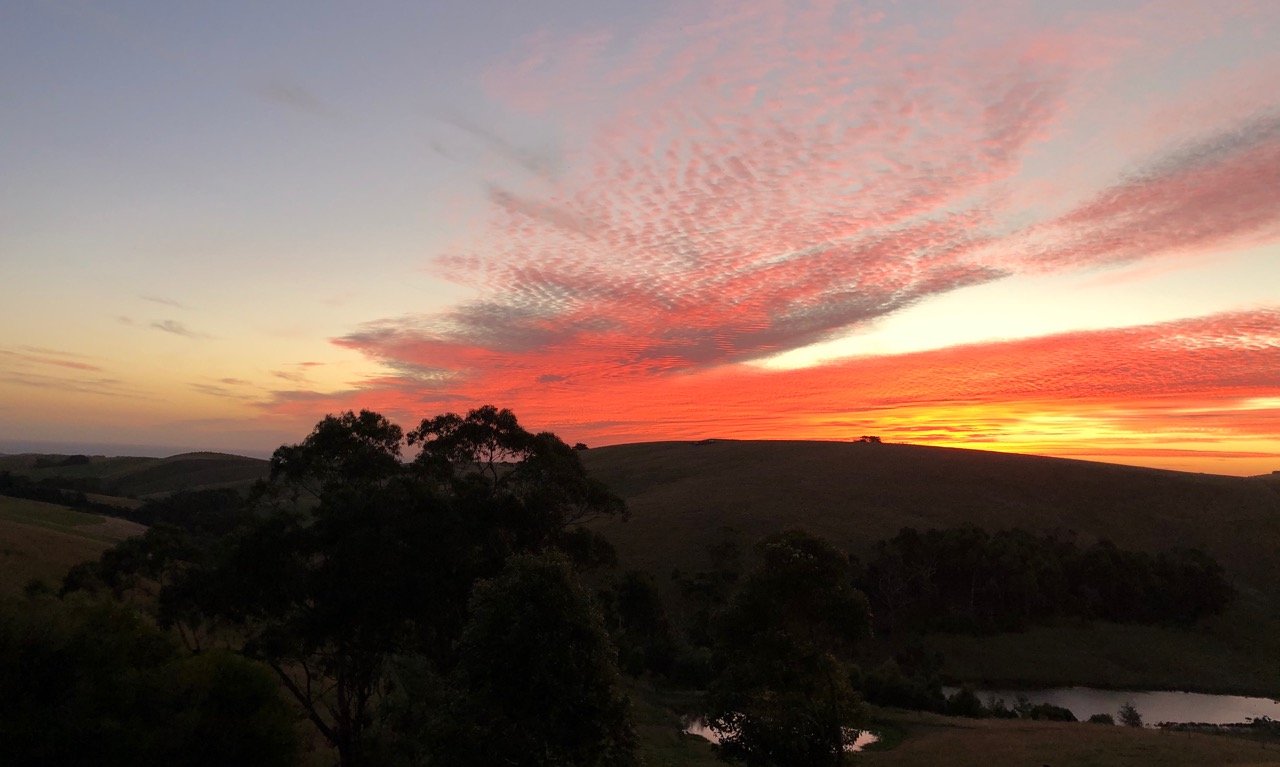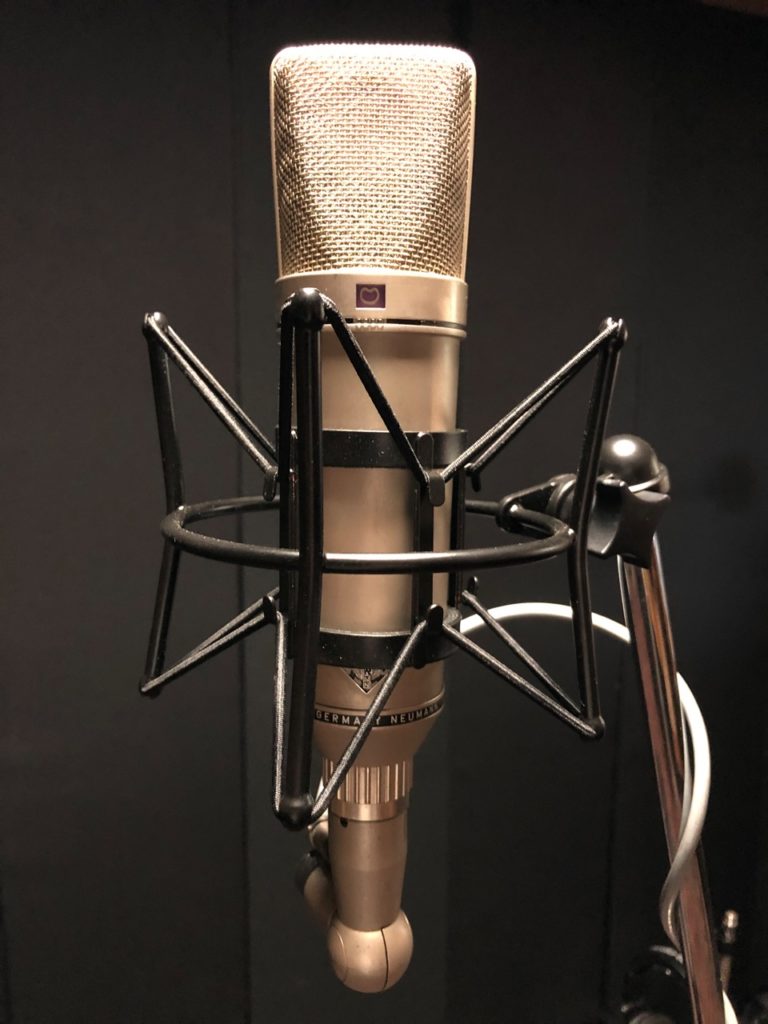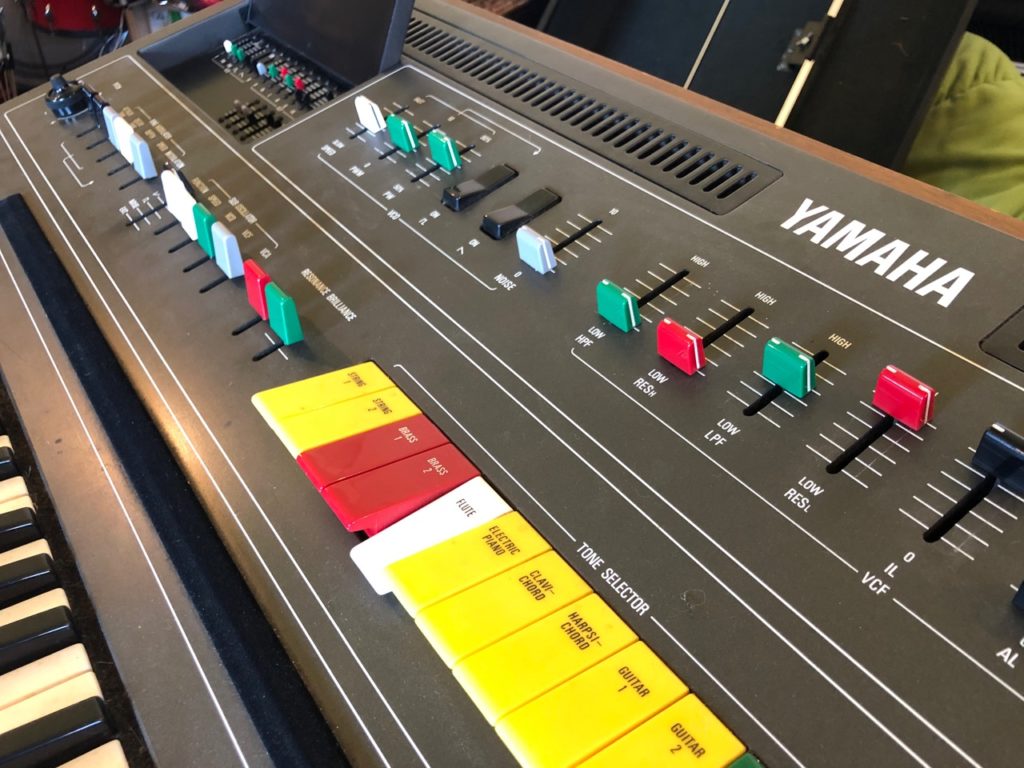News
7 Apr 2021
Listen Here: The Creative Process

Subscribe to CX E-News
Staring at a blank canvas can be a paralysing, frustrating experience. For many musicians and producers alike, kicking the creative process into gear is the most difficult part of any audio production. So let’s just get to it then, shall we?
It’s probably the most elusive, least understood yet central component of any music production. The creative process is impossible to define or quantify, difficult to nurture and sustain, and comes with no on/off switch. You can’t buy it, you can’t force it, nor can you always rely on it.
So what do you do? How, as a producer or engineer, can you involve yourself with such an elusive monster? You embrace it, or go get a job in a bank.
The hardest thing to accept about the creative process is that you can’t wield power over it, control or force it. But you can work with it, recognise its influence and, like a good gardener, establish fertile ground upon which it can flourish.
In essence, you work around it, like a servant: you encourage its growth when its progress seems stunted; you look for ways, large and small, to will it to appear (like providing great headphone mixes, soft lighting, a new instrument… that sort of thing); you capture what it offers whenever it decides to strike, and you never, ever delude yourself into thinking its easily repeated or controlled.
Here’s my take on what the creative process can look like inside a recording studio, through the lens of my current production: Kutcha Edwards’ latest album, Circling Time.
The so-called ‘processes’ I want to discuss here, some of which are mine, some of which are Kutcha’s, all contribute to the larger concept of ‘creativity,’ without ever specifically defining it.
Inspiration

The concept most commonly associated with creativity is probably ‘inspiration.’ And yet, like creativity, the idea of it, something inspiring us to do something interesting or new, or amazing, tends to infer something magical, uncontrollable and possibly even fluky about the event! From the outside looking in, waiting for inspiration seems almost like waiting around to be struck by a bolt of lightning. That can happen, of course (metaphorically) and on Kutcha’s new album it most certainly has, but the more likely process in a studio environment is that you just get on with doing something… anything in some cases!
You see, waiting to be inspired is far less about sitting idly in a hammock waiting for a musical epiphany, and more about searching around inside the sonic landscape for something that eventually piques your interest. Actions tend to lead you somewhere, sitting on your arse in a hammock tends not to.
You can be inspired by a word, an instrument, an ocean view (as is the case here at The Mill), a conversation, or the recollections of a personal experience. Lots of things can trigger inspiration, but for me at least, being active in the studio rather than passive is an important part of that process. In Kutcha Edwards’ case, and although I don’t profess to be the authority on what inspires him, being a proud Mutti Mutti elder, the keeper of his song line, and part of the stolen generations, gives him more sources of inspiration for song writing than most. His story, his life and his heritage run deep, very deep.
In many ways, in the case of this particular album, inspiration has thankfully been in plentiful supply. The main thrust of the creative process has been about honing the stories so they don’t fall into cliché, and writing music around the lyrics with sensitivity, honesty and unique flavours. It has never been about searching for something to say, but rather, ways to say it.
Experimentation

A vital component of creativity in the studio, and art in general, is experimentation. Without a willingness to try stuff, whether it be messing around with a song’s structure, winding out the decay time on an old reverb unit, collaborating with someone you’ve never played music with before, or trying backing vocals where you think they just might fit, your albums will tend to remain predictable, cerebral and possibly a little bland.
Learning to embrace experimentation if you’re not used to it (and never forgetting to if you are) adds a whole world of sonic ingredients to a production that left-brain thinking alone can never hope to conjure. Chance, fluke, coincidence… call it what you will, can form some of the key ingredients of a piece of music, and more regularly than you might think, inspire a song from the ground up. I have long ago lost count of how many times a key part of one of my productions has been born out of experimentation with a sound, either by me or a fellow musician.
On Circling Time, I could point to dozens of such experimental jackpots, not least of which was the main vocal on the yet to be released song, Excuse Me, Mrs Edwards. Kutcha and I mused over the lyric and its delivery for months, until one day, while sitting on the couch he just got up and said, “Is the mic on? [It always is when he’s there.] Can I try something?”
Next thing we knew we had the main vocal – in one take. It’s epic.
Then there was Dean Roberts’ electric guitar part on Trying to Outrun the Sun, where we both felt the song needed big ambient swells of some kind. We fiddled with his pedal board and settled on a pretty extravagant reverb/overdrive combo, but during one particular take the sound accidentally blew out somehow to an outrageously long setting, and consequently overloaded the signal chain. The recorded result is just amazing, and purely accidental. Gotta love happy accidents!
On another track, Singing Up Country, where I play the song’s intro on an Omnichord, alongside Kutcha’s rendition of the same basic part, I fed the Omni through an old Boss DD2 delay pedal, adding almost uncontrolled amounts of feedback to the signal. I recorded two passes of fairly experimental stuff, then ran into the control room, added a new audio channel to the Pro Tools session, dumped Take 2 onto the second channel and listened to both takes panned hard left and right. One performance on its own was okay, but both together, with Kutcha’s performance in the centre, sounded mad! It’s one of my favourite moments on the album. The outcome wasn’t quite what I imagined it might be, but that didn’t matter. It was better!
Experimentation pays enormous dividends in the studio. Get into it!
Collaboration
Another obvious way to expand the musical horizons of any music production is to understand the creative power of collaboration. One of the most important roles a producer commonly plays is being the one who chooses (or helps to choose) which musicians will be involved in the record’s production. The impact of these decisions on the outcome cannot be underestimated.
On Kutcha’s new album there are a number of additional musicians who play vital roles, adding their own distinct voice, or as Kutcha himself would describe it, “their spirit,” to every song. In most cases the three core band members: Colin Matthews (guitar), Dean Roberts (keys, guitar and vocals) and Marcus Satchell (bass) have performed with minimal direction by either Kutcha or myself, unless we felt compelled to influence the performance in some way.
Provided, as the producer, you instinctively like what the musicians you’ve chosen typically play, adding other ‘spirits’ to an album inevitably enriches the music in ways you never could have predicted, and that’s a fantastic thing. These extra human contributions are powerful, creative influences that can propel an album to musical heights that no single individual playing 100 overdubs could ever hope to replicate.
Work Creatively
Finally, it’s important to recognise that the creative process can also be a great deal of hard work. Collaborating with others, experimenting with sounds, exploring musical performances, and editing countless takes can be painstaking and arduous. But that’s the other side of the creative coin.
Very few processes in the studio that involve trying something new, or diving down a rabbit hole, take five minutes. Sometimes a musical experiment can take all day, and even then, the outcome may not always be extraordinary, or even ordinary! But the pursuit is nonetheless important because when you finally hit the jackpot, and you surely will, you’ll be glad you made the effort.
In the end, that’s what helps the creative spirit come alive; a good work ethic, not the hammock (well maybe sometimes).
Speaking of which, I must dash off now to score a string part for the last song on Kutcha’s album. Then the mixing begins!
Good luck with being creative folks. Be brave, trust your instincts, live a little!
Subscribe
Published monthly since 1991, our famous AV industry magazine is free for download or pay for print. Subscribers also receive CX News, our free weekly email with the latest industry news and jobs.






